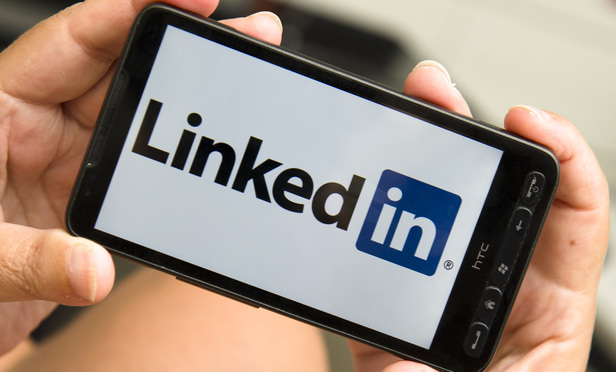Hardly a day goes by without news of another data breach, online scam, new malware threat, or other success story from the annals of organized cybercrime. A March 6 article from International Business Times reported that more than 1 million decrypted Gmail and Yahoo accounts from prior breaches had gone up for sale on the Dark Web, including user names, passwords and email addresses, with the converted Bitcoin prices ranging from $10 to $28 per account. Malevolent shoppers need merely browse the contraband inventory and add to their criminal cart, like eBay for bad guys.
The sources for reaping ill-gotten gains have expanded to virtually every corner of the internet, including what might seem an unlikely hunting ground at first glance—LinkedIn. Although the professional network offers no platform for money to change hands, crooks still see gold in profile pages, endorsements, InMails and connection requests. Consequently, scams abound, despite LinkedIn’s continual efforts to weed them out.
This content has been archived. It is available through our partners, LexisNexis® and Bloomberg Law.
To view this content, please continue to their sites.
Not a Lexis Subscriber?
Subscribe Now
Not a Bloomberg Law Subscriber?
Subscribe Now
LexisNexis® and Bloomberg Law are third party online distributors of the broad collection of current and archived versions of ALM's legal news publications. LexisNexis® and Bloomberg Law customers are able to access and use ALM's content, including content from the National Law Journal, The American Lawyer, Legaltech News, The New York Law Journal, and Corporate Counsel, as well as other sources of legal information.
For questions call 1-877-256-2472 or contact us at [email protected]



